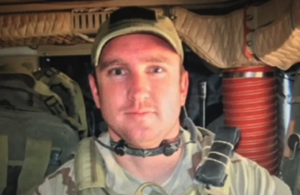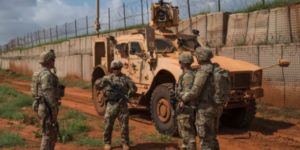Effective communication and cultural competence are essential elements of quality healthcare delivery within military settings. Language barriers, cultural differences, and lack of awareness about diverse patient backgrounds can contribute to medical errors and instances of malpractice. In this blog, we delve into the challenges posed by language and cultural barriers in military healthcare and explore strategies for improving communication, enhancing cultural competence, and reducing the risks associated with medical malpractice.
Understanding Language and Cultural Barriers in Military Healthcare:
- Diverse Patient Populations: Military healthcare providers serve a diverse population of service members, veterans, and families from various cultural, linguistic, and ethnic backgrounds. Language barriers can hinder effective communication and impact patient-provider interactions.
- Cultural Differences in Health Beliefs: Cultural beliefs, values, and practices influence health-seeking behaviors, treatment preferences, and perceptions of illness. Lack of cultural awareness among healthcare providers can lead to misunderstandings and disparities in care.
- Impact on Patient Safety and Care Quality: Language and cultural barriers can compromise patient safety, treatment adherence, and diagnostic accuracy, increasing the risks of medical errors, misdiagnosis, and adverse outcomes.
Strategies for Addressing Language and Cultural Barriers:
- Professional Interpretation Services: Utilize professional interpretation services, including qualified medical interpreters and translation resources, to facilitate accurate communication between providers and patients who have limited English proficiency or speak languages other than English.
- Cultural Competence Training: Implement cultural competence training programs for military healthcare providers to enhance awareness of cultural diversity, promote sensitivity to patients’ cultural beliefs and practices, and improve cross-cultural communication skills.
- Patient Education and Engagement: Engage patients and families in healthcare decision-making processes through patient education materials, culturally tailored health information, and collaborative care planning that respects cultural preferences and values.
- Multidisciplinary Collaboration: Foster multidisciplinary collaboration among healthcare teams, interpreters, cultural liaisons, and community stakeholders to address language and cultural barriers, promote patient-centered care, and mitigate risks associated with medical malpractice.
- Quality Improvement Initiatives: Implement quality improvement initiatives focused on reducing disparities, enhancing patient satisfaction, and integrating culturally competent practices into healthcare delivery protocols.
Benefits of Addressing Language and Cultural Barriers:
- Improved Patient Outcomes: Effective communication and cultural competence contribute to improved patient outcomes, treatment adherence, and satisfaction with healthcare services among diverse patient populations.
- Enhanced Patient Safety: Addressing language and cultural barriers reduces the risks of medical errors, miscommunication, and adverse events, promoting patient safety and quality of care.
- Promotion of Health Equity: Culturally responsive healthcare practices promote health equity by ensuring equitable access to quality care for all individuals, regardless of linguistic or cultural backgrounds.
Conclusion:
Addressing language and cultural barriers is essential for promoting patient safety, improving communication, and reducing the risks associated with medical malpractice within military healthcare systems. By investing in interpreter services, cultural competence training, and collaborative care approaches, military institutions can enhance healthcare delivery, build trust with diverse patient populations, and foster a culture of inclusivity and respect. If you have experienced challenges related to language or cultural barriers in military healthcare, ForTheMilitary.com is committed to advocating for patient rights and supporting initiatives that promote culturally competent care for our military community. Together, we can bridge communication gaps, promote understanding, and ensure equitable access to quality healthcare for all service members and their families.

 Call Now- Open 24/7
Call Now- Open 24/7





